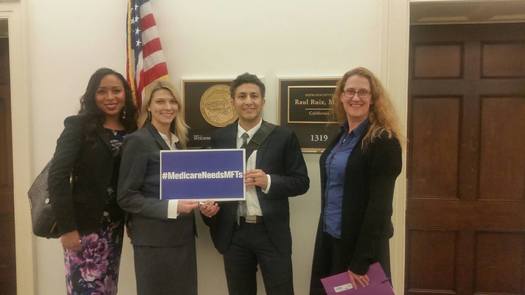By Suzanne Potter, Producer
The 2023 America’s Health Rankings report is out, and the news is not great for the Golden State in three very different areas.
California ranks worst among the states for high school graduation, colorectal cancer screenings and air pollution. Advocates for cleaner air blame the state’s pollution problems primarily on the transportation sector.
Mariela Ruacho, clean air senior advocacy manager for the American Lung Association-California, noted the Environmental Protection Agency is currently considering strict limits on emissions from cars and heavy trucks.
“By meeting our clean air and climate goals, we will also be improving public health,” Ruacho contended. “Especially for Californians who live close to highways, major roadways and warehouses.”
The state has generated maps of regions with high colorectal cancer rates to promote screenings in those communities. And school districts offer counseling to help struggling students make it to graduation. The report also praised California’s strong climate policies, comparatively lower rates of mental distress, and a lower percentage of people with multiple chronic health conditions.
Nationally, however, the data show eight chronic conditions have reached the highest prevalence in the report’s history. They include arthritis, asthma, cancer, cardiovascular diseases, chronic kidney disease, chronic obstructive pulmonary disease, depression and diabetes.
Dr. Rhonda Randall, chief medical officer of employer and individual for United Healthcare, which sponsors the report, said the research revealed some bright spots.
“The number of mental health professionals in our country increased 7%,” Randall outlined. “The number of dental professionals increased 7%. The percentage of uninsured decreased by 7%. Occupational fatalities went down. Smoking is now the lowest it’s been. High speed internet is the highest we’ve measured it.”
The report also found a 13% decrease in the number of primary care physicians during the pandemic.
Disclosure: UnitedHealthcare contributes to our fund for reporting on Health Issues. If you would like to help support news in the public interest, click here.







